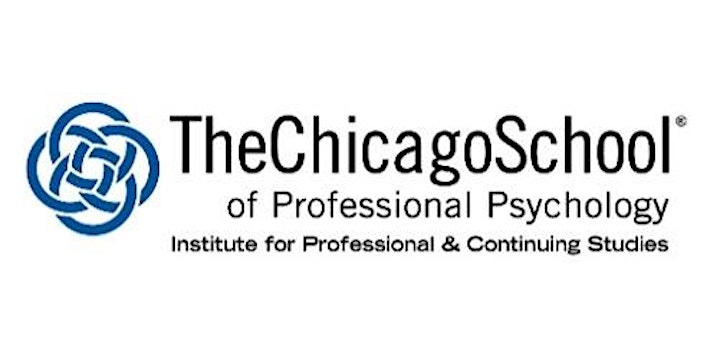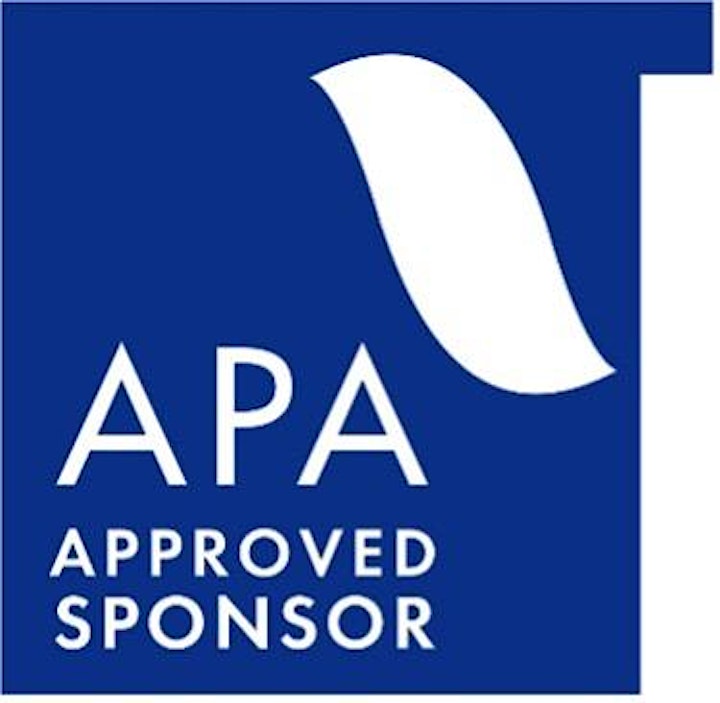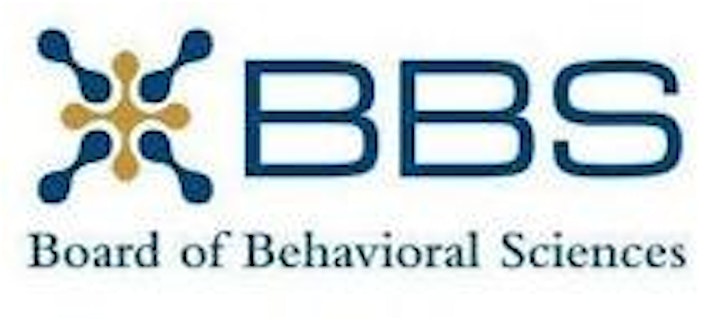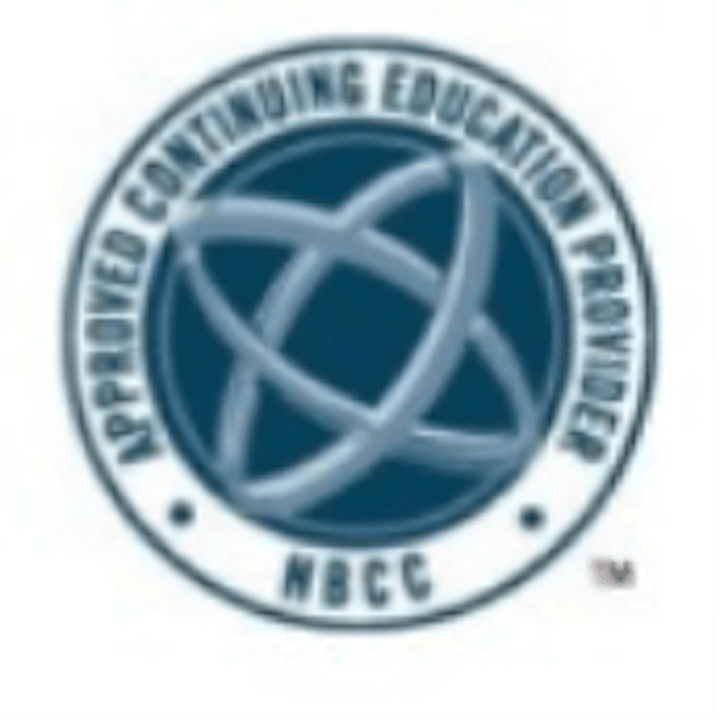
- This event has passed.
I-Positions and Parts Work in Psychotherapy
October 1, 2021 @ 9:00 am - 11:00 am CDT

This webinar is being hosted on Zoom. The link to the Zoom meeting will be included in your order confirmation email from Eventbrite.
This live course offers 2 APA CE credits for Psychologists, 2 BBS California CEUs for Licensed Counselors, Social Workers or Marriage and Family Therapists, or 2 NBCC Clock Hours.
About This Event
“It was like you were a different person”
“He’s really two-faced”
“I’m not sure what came over me!”
The language of parts is part of everyday parlance. We understand on an implicit level that we perform different versions of ourselves in different contexts, to different audiences. In this session these multiple versions of self will be understood as ‘I-positions’. This is a quality of ordinary healthy functioning but can also become problematic. We will cover the theoretical origins of these concepts and explore contemporary psychotherapeutic approaches to working with parts. There will also be opportunities for participants to make contact with their own I-positions in smaller group work.
Learning Objectives
At the completion of this program participants will be able to:
1) recognize the presence of I-positions within ordinary psychotherapeutic dialogue.
2) explain general models of change when working with parts in psychotherapy.
Speaker
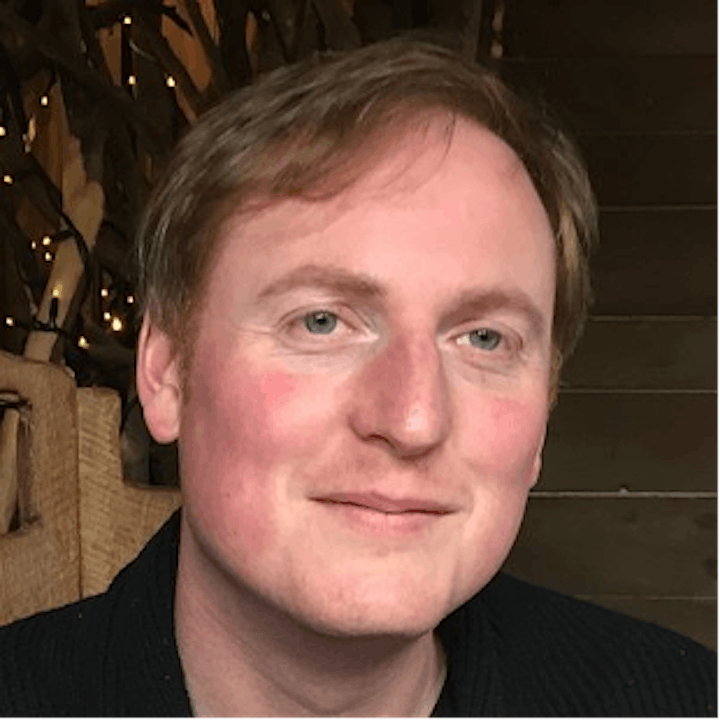
John Hills conducted his PhD study at the University of Leeds in the UK between 2016 and 2020, modelling change in self-narratives and embodied experience, with clients who developed novel I-positions during therapy. Now a senior lecturer at Leeds Beckett University, John leads on the MA Integrative Counselling degree. John is also in private practice and is an accredited member of the British Association for Counselling and Psychotherapy. He is a pluralistic therapist with particular theoretical interests in existentialism, Acceptance and Commitment Therapy, psychodynamic and humanistic approaches.
Program Standards and Goals
This program meets APA’s continuing education Standard 1.1: Program content focuses on application of psychological assessment and/or intervention methods that have overall consistent and credible empirical support in the contemporary peer reviewed scientific literature beyond those publications and other types of communications devoted primarily to the promotion of the approach.
This program meets APA’s continuing education Goal 1: Program is relevant to psychological practice, education, and/or science.
References
Butollo, W., Karl, R., König, J. & Hagl, M. (2014). Dialogical exposure in a Gestalt-based treatment for posttraumatic stress disorder. Gestalt Review, 18(2), 112-129.
Konopka, A., Neimeyer, R.A. & Jacobs-Lentz, J. (2018). Composing the Self: Toward the Dialogical Reconstruction of Self-Identity. Journal of Constructivist Psychology, 31(3), 308-320.
Marrone, M. & Diamond, N. (2018). A case of missing identity. In P. Valerio, P (Ed.), Introduction to countertransference in therapeutic practice: A myriad of mirrors. Routledge.
Registration and Fees
Chicago School Faculty, Students, and Alumni: Free (Chicago School email required for free registration)
Community Members: $20.00
Potential Students Only (*No CEUs Provided*)
All funds raised through this workshop will benefit The Chicago School of Professional Psychology’s Washington DC Campus Counseling Department Scholarship Program.
Refund Policy: 100% of tuition is refundable up to 48 hours before the program. Within 48 hours of the program, tuition is nonrefundable.
Continuing Education
Target Audience: Professionals from all mental health disciplines and graduate students from all mental health disciplines.
Psychologists. The Chicago School of Professional Psychology is committed to accessibility and non-discrimination in its continuing education activities. The Chicago School of Professional Psychology is also committed to conducting all activities in conformity with the American Psychological Association’s Ethical Principles for Psychologists. Participants are asked to be aware of the need for privacy and confidentiality throughout the program. If program content becomes stressful, participants are encouraged to process these feelings during discussion periods. If participants have special needs, we will attempt to accommodate them. Please address questions, concerns and any complaints to Danielle Bohrer at 312-467-2364. There is no commercial support for this program nor are there any relationships between the CE Sponsor, presenting organization, presenter, program content, research, grants, or other funding that could reasonably be construed as conflicts of interest.
MFTs, LPCCs, and LCSWs. Course meets the qualifications for continuing education credit for MFTs, LPCCs, and/or LCSWs as required by the California Board of Behavioral Sciences. If you are licensed outside of California please check with your local licensing agency to determine if they will accept these CEUs. The Chicago School of Professional Psychology is approved by the California Board of Behavioral Sciences (BBS) to offer continuing education programming for MFTs, LPCCs, LEPs, and/or LCSWs. The Chicago School of Professional Psychology is an accredited or approved postsecondary institution that meets the requirements set forth in Sections 4980.54(f)(1), 4989.34, 4996.22(d)(1), or 4999.76(d) of the Code.
Participation Certificate. The Chicago School of Professional Psychology is able to provide students and other participants who simply wish to have documentation of their attendance at the program a participation certificate.
Non Psychologists. Most licensing boards accept Continuing Education Credits sponsored by the American Psychological Association but non-psychologists are recommended to consult with their specific state-licensing board to ensure that APA-sponsored CE is acceptable.
*Participants must attend 100% of the program, and pass a brief comprehension quiz, in order to obtain a Certificate of Attendance.
The Chicago School of Professional Psychology is approved by the American Psychological Association to sponsor continuing education for psychologists. The Chicago School of Professional Psychology, Washington DC Campus has been approved by NBCC as an Approved Continuing Education Provider, ACEP No. 3061. The Chicago School of Professional Psychology maintains responsibility for this program and its content.
